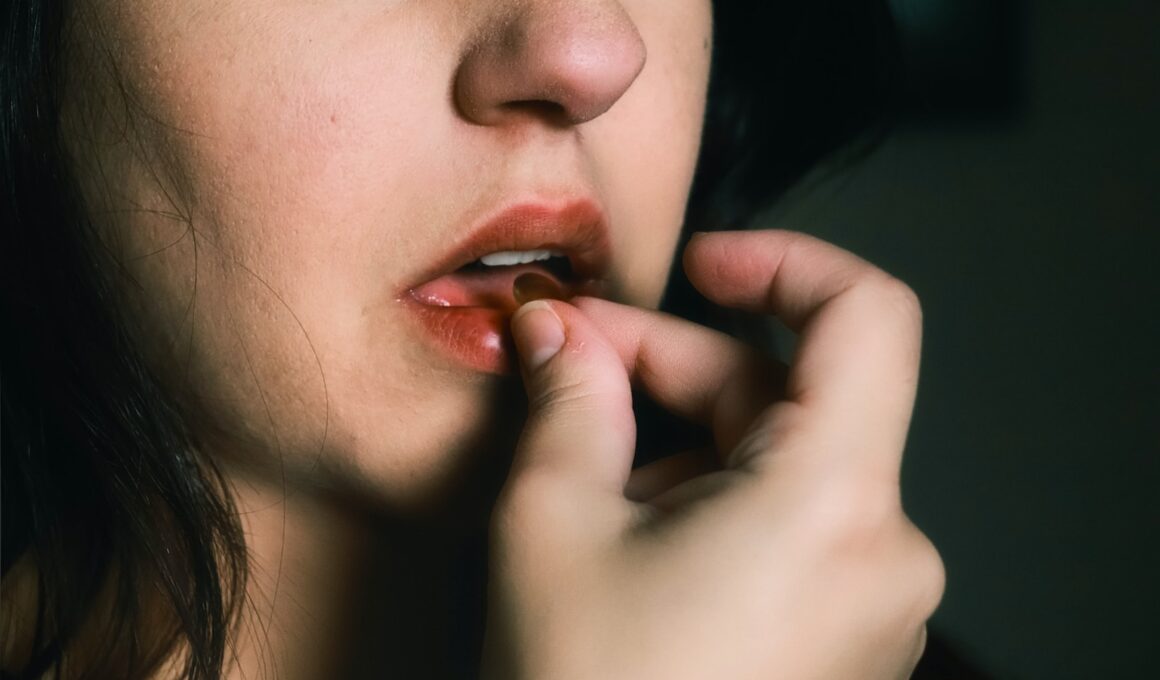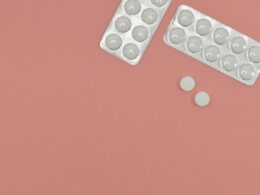The pill contains artificial versions of female hormones, and helps prevent pregnancy by keeping sperm and an egg apart. It’s over 99% effective if taken as directed.
Taking the pill correctly means taking it every day, at the same time for 21 days (a 21-day pack), or 7 days per month (a 28-day pack). Forgetting pills or skipping them can affect ovulation and make you more susceptible to getting pregnant.
How long does it take for oral birth control to get out of your system?
Hormonal birth control works by triggering certain responses in the body that prevent pregnancy. These responses vary lightly depending on the type of birth control you use. The pill, ring, patch, implant, and hormonal IUD suppress ovulation and thicken the cervical mucus to prevent a uterine lining from forming. The hormones also cause nausea, bloating, breast tenderness, and headaches. They may help with premenstrual syndrome (PMS) symptoms and can ease symptoms of fibrocystic breast disease or endometriosis. They may also decrease the risk of ovarian cancer and reduce menstrual cramps. The pill can also make your periods lighter or heavier.
The hormones in the pill take 48 hours to leave your system after the last pill is taken. Your ovulation and menstrual cycle should return to normal within three months after stopping the pill. If you have an implant, your body will still be releasing hormones for 7-14 days after the implant is removed.
Some people take a “birth control cleanse” to remove the pill’s chemicals from their bodies. These products are often drinks that claim to rebalance your hormones and detox your uterus, but they’re not regulated or proven. Instead, ob/gyn Ashley Brant, DO, recommends consuming enough vitamins and minerals and taking a daily multivitamin to get the nutrients you need. Avoiding inflammatory foods and consuming less caffeine and alcohol can also promote healthy hormone levels.
How long does it take for oral birth control to get out of your system after you stop taking it?
Many women take hormonal contraceptives for a decade or more, but once they’re ready to stop, there are a few things to keep in mind. First, if you’re on a combination pill or implant, it’s important to use alternative methods of contraception until the hormones have completely left your system. It may also take up to a year for hormone levels to return to baseline after stopping most forms of birth control (pill, patch, ring, IUD or injections).
Symptoms that are suppressed by the pill can flare up once you’re off it, including PMS symptoms and cysts. It’s also common for ovulation to slow down after you stop taking the pill, which can cause irregular periods.
If you decide to stop the pill, talk to a doctor or nurse about your options. They can help you plan a way to gradually discontinue the medication so you can get back to your normal cycle and avoid any side effects.
For the most effective birth control, always follow the instructions on your pack. For example, if you’re on the combined pill, you should start your next pack at the beginning of your menstrual cycle and finish it within 21 days. If you’re on the phasic pill, you should only have 7 days of hormone-free days. Make sure to get advice from a GP, nurse or pharmacist to ensure you have the best experience possible.
How long does it take for oral birth control to get out of your system after you stop taking it and become pregnant?
Most forms of hormonal birth control wash out of the body within a few days. This includes the pill, patch, ring, and IUD. However, it may take longer for your periods and ovulation to return if you have used the Depo shot, which can take up to a year to wash out of the system.
The best way to reduce your risk of becoming pregnant after stopping oral contraceptives is to use another method of birth control until you have a regular period again. It is also a good idea to start taking folic acid supplements. Folic acid helps to prevent certain types of birth defects in the baby, including spina bifida and neural tube defects.
If you are using the combined pill, avoid taking it with rifampicin or rifabutin (used to treat tuberculosis and other illnesses) as they can make the pills less effective. Having very severe diarrhoea (6 to 8 watery stools in 24 hours) can also affect how the pill works.
If you’re concerned about getting pregnant, talk to your doctor. They can advise you on the best way to get your hormone levels back to normal, and help you find a suitable method of birth control for your needs. Typically, it takes about three months for most women to conceive after they stop using hormonal birth control. However, this isn’t always the case, and a number of factors can impact fertility.
How long does it take for oral birth control to get out of your system after you stop taking it and have a baby?
Women stop taking hormonal birth control for a variety of reasons, including wanting to get pregnant. Whether or not you can conceive after stopping birth control depends on the type of birth control and how long it takes for your period to return, among other things.
For example, a combined pill that contains both estrogen and progestin prevents pregnancy by suppressing ovulation. This effect lasts about a week after you stop taking the pills. You can also ovulate if you use the newer progestin-only minipills that contain norethindrone and drospirenone, but this effect lasts only about a month.
The liver breaks down birth control hormones throughout the day, so it’s possible that only a small amount of the medication remains in your blood after you stop taking it. But the liver does not need help from any supplements or detox products to do this, so there’s no need for you to try to speed up the process.
Once you’re off the pill, your body’s hormones will start to wreak havoc again, which can cause a lot of side effects. Some of these are mild, but others can be much more severe. For example, your periods may become irregular again or you could experience mid-month twinges (as your ovaries start ovulating). Your acne and unwanted hair can also come back, especially if you used the progestin-only types like injections or hormonal IUDs.









